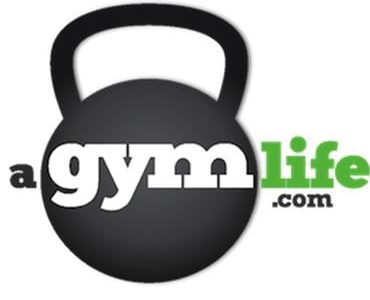This essay was originally featured in my free Sunday newsletter.
“Practical exercise is even more important for the student of philosophy than for the student of medicine or any similar art, just as philosophy claims to be a greater and more difficult discipline than any other study. The reason for this is that men who enter the other professions have not had their souls corrupted beforehand – they’ve not learned the opposite of what they are going to be taught! Those who start out studying philosophy have been born and raised in an environment filled with corruption and evil-thus turning to virtue from their starting point means that they need longer, more thorough training. How should they receive this training? A human being isn’t soul alone, nor body alone, but a synthesis of the two-those in training must take care of both, the better part, the soul, more intensely-but also of the other-if they aren’t to be found lacking. Obviously the philosopher’s body should be well prepared for physical activity, because often the virtues make use of this in the affairs of life.”
-White, Ben (2012-10-11). Musonius Rufus on How to Live. Ozimandias Publishing. Kindle Edition.
I write often about the importance of training oneself in body and mind.
We all know what training of the body looks like, and nowadays, it’s more of a “you do it or don’t” type of thing.
But what about training the mind?
Training the mind is not so common of a thing, which is why it doesn’t have a clearly defined definition. Some might think of training the mind as going to school, or reading, or writing, or meditation.
While I think each of these are valuable in their own right, I’m more interested in the training of the “philosophical mind” and the controlling of one’s thoughts, beliefs, opinions and actions that dictate their each day.
From the same book that contains the quote above, Musonius elaborates on what training he refers to:
We train both body and soul when we discipline ourselves to cold, heat, thirst, hunger, meager rations, hard beds, avoidance of pleasures, and patience under suffering. By these things (and other like them) the body is strengthened and capable of enduring difficulty-sturdy and ready for any task. The soul is also strengthened since it is trained for courage by patience despite difficulty, and for self-control by abstinence from pleasures.
Now, if I told you to go without food, shelter or a soft bed for a period of time, I’d have my work cut out for me. But I’m not going to suggest that right now (someday, though).
What I am going to suggest is this: recognize the times in life when you can practice restraint.
Times when:
- … you are kinda hungry. Don’t eat.
- … you want to go out but staying home to stay or work would be a wiser decision. Stay home and work.
- … you are feeling lazy. Go workout.
- … everyone around you is ordering dessert. Go without.
And so on.
It might not seem like much, but these small decisions have a domino effect towards bigger actions—or lack of—which can also lead you to building positive habits around them.
As Musonius says, “The soul is also strengthened…”
When you restrain yourself, you are training the muscle called self-control, and like any muscle, the more you train it the stronger it is going to get.
Another cool thing about self-restraint is the fact that you are killing quite a few birds with one stone; you are practicing gratitude, appreciating and utilizing what’s hard, and being a healthier and more balanced person overall.
Your everyday life provides you countless opportunities to practice self-control. The more you take advantage of these micro opportunities, the stronger and more appreciative you’ll become.
